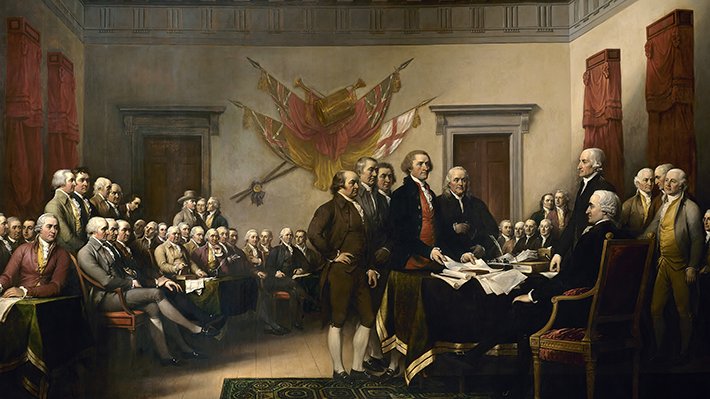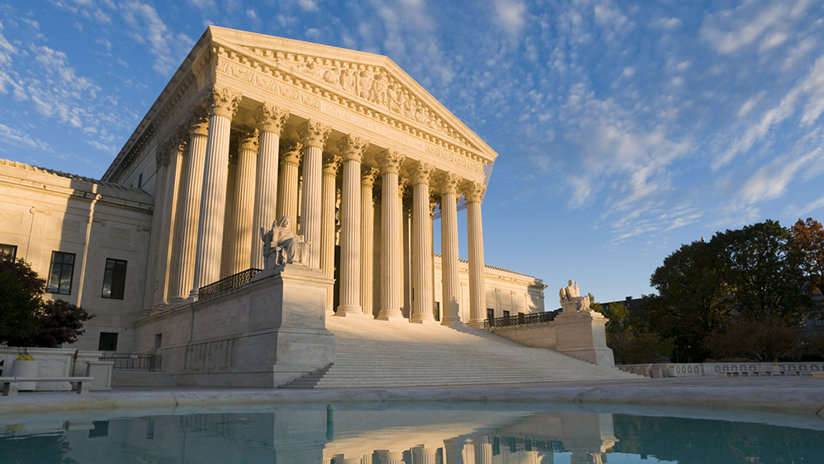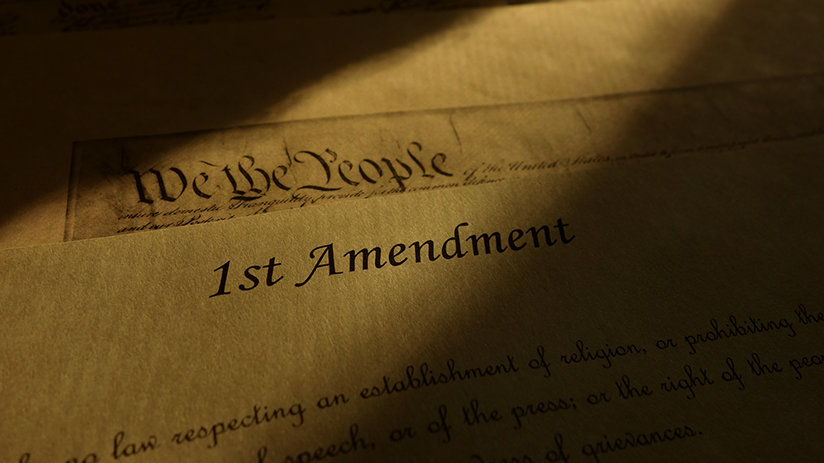
-
HOME
-
WHAT IS STANDOur Mission Our Values Our Help Contact
-
WHAT WE FIGHT FORReligious Freedom Religious Literacy Equality & Human Rights Inclusion & Respect Free Speech Responsible Journalism Corporate Accountability
-
RESOURCESExpert Studies Landmark Decisions White Papers FAQs David Miscavige Religious Freedom Resource Center Freedom of Religion & Human Rights Topic Index Priest-Penitent Privilege Islamophobia
-
HATE MONITORBiased Media Propagandists Hatemongers False Experts Hate Monitor Blog
-
NEWSROOMNews Media Watch Videos Blog
-
TAKE ACTIONCombat Hate & Discrimination Champion Freedom of Religion Demand Accountability
Religious Freedom Day 2021: A Time to Look Back in Order to Move Forward
The following article, written by Nathan Berkeley, was originally published on the Religious Freedom Institute (RFI) website (www.RFI.org) and reprinted with their permission. RFI is a Washington, D.C.-based organization that promotes religious freedom for everyone, everywhere.
This Religious Freedom Day, more than any other since it was instituted over a quarter century ago, is an occasion to rededicate ourselves to its most fundamental tenets of liberty and equal dignity for all.
First celebrated in 1993, Religious Freedom Day commemorates the passage of the Virginia Statute for Religious Freedom authored by Thomas Jefferson. Enacted January 16, 1786, this law set forth principles that would later inform many state constitutions, and eventually, the First Amendment of the U.S. Constitution.
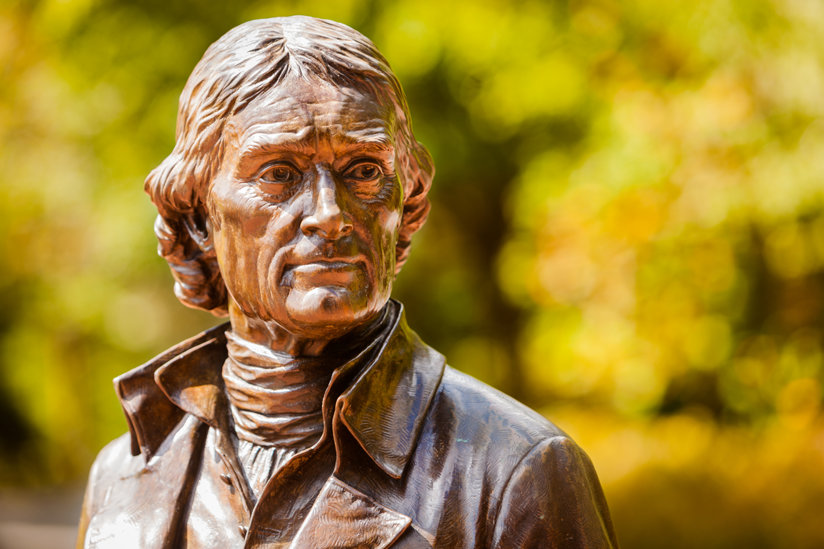
The congressional resolution that established Religious Freedom Day reads, in part:
Whereas the first amendment to the Constitution of the United States guarantees religious liberty to the people of the United States;
Whereas millions of people from all parts of the world have come to the United States fleeing religious persecution and seeking freedom to worship;
Whereas in 1777 Thomas Jefferson wrote the bill entitled ‘A Bill for Establishing Religious Freedom in Virginia’ to guarantee freedom of conscience and separation of church and state;
Whereas in 1786, through the devotion of Virginians such as George Mason and James Madison, the General Assembly of Virginia passed such bill;
Whereas the Statute of Virginia for Religious Freedom inspired and shaped the guarantees of religious freedom in the first amendment;
Whereas the Supreme Court of the United States has recognized repeatedly that the Statute of Virginia for Religious Freedom was an important influence in the development of the Bill of Rights...
This Religious Freedom Day, more than any other since it was instituted over a quarter century ago, is an occasion to rededicate ourselves to its most fundamental tenets.
Religious freedom is premised on the notion that people with whom we disagree, even on ultimate things, nonetheless possess a dignity equal to our own. Accordingly, we should engage our civic neighbors with humility, respect, and persuasion rather than hubris, contempt, and coercion. Twenty-five years after the first Religious Freedom Day observance on January 16, 1993, a diverse group of more than 75 religious and civil society leaders came together to sign the American Charter of Freedom of Religion and Conscience. So instructive for this time of extreme division in American society, Article 1 of the Charter states:
[Religious] freedom is a bedrock of personal liberty, a safeguard for communal freedom, and a wellspring of social pluralism. It assumes diversity in matters of belief and stands against enforced coercions, whether religious, ideological, political, or social. As well as protecting the freedom of the “inner forum” of the mind and conscience, this right protects the freedom of the “outer forum” of the nation’s public square. From Thomas Jefferson’s avowal that “Almighty God hath created the mind free,” to the Rev. Dr. Martin Luther King Jr.’s insistence that the church “is not the master or the servant of the state, but rather the conscience of the state,” our greatest leaders have affirmed that fulfilling humankind’s highest potential and responsibilities requires that individuals and communities be free to exercise their convictions of conscience in every arena of life. Freedom of religion and conscience is a foundational and inalienable liberty held by every human being in equal measure. To treat it as anything less, or to restrict it for any but the most pressing reasons, is to undermine human dignity, human rights, and equality.
The sources of the social unrest that has plagued the United States for the past several months will not be easy to overcome. What will be required is a sustained recommitment to the bedrock principles that make a thriving pluralistic society possible in the first place. Religious liberty, as expressed in the American Charter, is foremost among these principles.
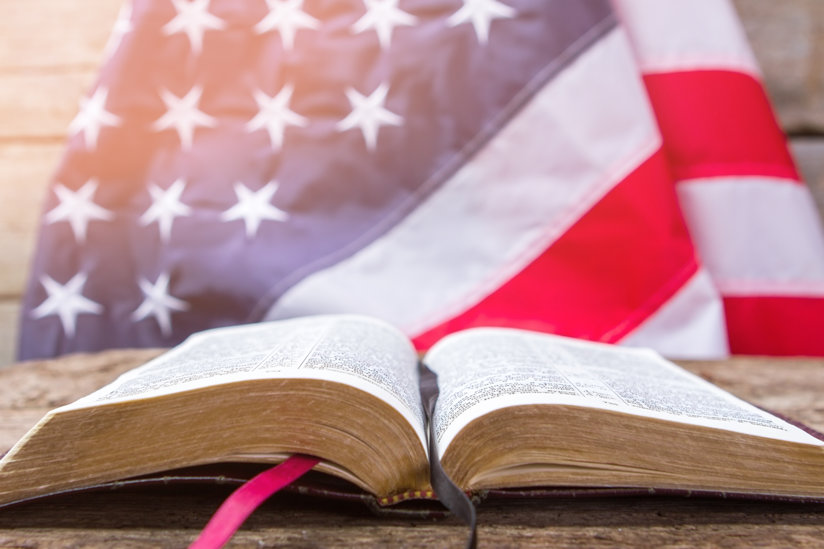
Fidelity to America’s First Freedom does not entail a belief that all truth is relative, nor does it demand ignoring the error of one’s opponents on some (or perhaps many) critical issues. But it does supply a robust normative framework for dealing with one’s civic neighbors in the midst of that error and disagreement. Article 13 of the American Charter is relevant here:
In a nation of profound diversity, freedom of religion and conscience is best secured through a civil public square. A “civil public square” is an arena of public life in which all people are free to enter and engage on the basis of their ultimate beliefs, but always under the canopy of the American covenant as embodied in the U.S. Constitution. This covenant includes people of all ultimate beliefs, religious and secularist, and sets forth the understanding of what is just, liberal, and empowering for all. The practical implications of this covenant are twofold. First, the rights of all people are to be respected equally and according to the rule of law. Second, in accordance with our understanding that freedom of religion and conscience depends on a freely agreed covenant, all people must respect the rights of all others and strive in good faith to negotiate differences civilly and peacefully. Such a covenant is moral and political. It does not attempt to ground unity and civility in enforced conformity concerning the substance of particular religious or secular doctrines. Rather, this covenant secures unity and civility on the basis of voluntary agreement on foundational moral and political principles—principles of human dignity and human rights.






